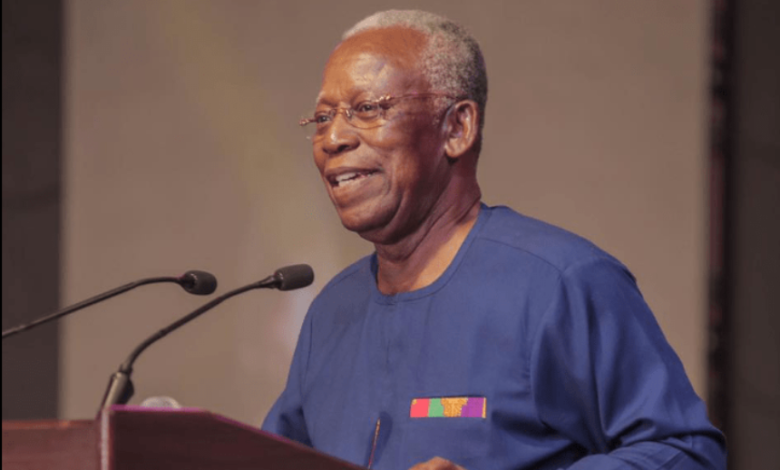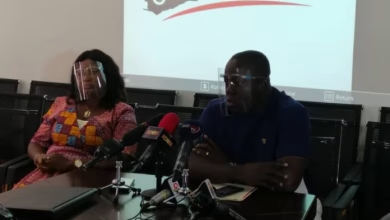Ghana’s School Feeding Programme Must Prioritize Self-Reliance, Says Yankah

- Kojo Yankah says Ghana School Feeding Programme is not sustainable.
- Programme is too party-oriented, depending on government in power.
- Yankah advocates for self-reliance in agriculture-based economy.
Kojo Yankah, founder of the Pan African Heritage Museum, has expressed concerns about the sustainability of the Ghana School Feeding Programme (GSFP) under the Free Senior High School program. According to Yankah, the program is not sustainable due to various factors, including the growing number of children in Ghana, which threatens the program’s viability.
Yankah also criticized the program for being too party-oriented, depending on which political party is in power, rather than being a consistent and reliable initiative. The Ghana School Feeding Programme was launched in 2005 as part of the Comprehensive Africa Agricultural Development Program (CAADP) Pillar 3, aiming to enhance food security and reduce hunger.
The program’s objectives include increasing school enrollment, attendance, and retention, reducing short-term hunger and malnutrition, and boosting domestic food production. However, Yankah argued that the program has several flaws, including encouraging children to leave their original schools to attend schools with feeding programs.
He also expressed concern that the program is making the youth lazy, as they rely on the government for food instead of developing self-sufficiency through school farms. Yankah emphasized that no government budget can support the growing number of children in Ghana, and that foreign funding is needed to bail out the program.
He concluded by advocating for self-reliance in an agriculture-based economy, stating that Ghana has no excuse for not being self-sufficient. Yankah’s comments highlight the need for a more sustainable and self-reliant approach to addressing hunger and malnutrition in Ghana, rather than relying on government programs.






